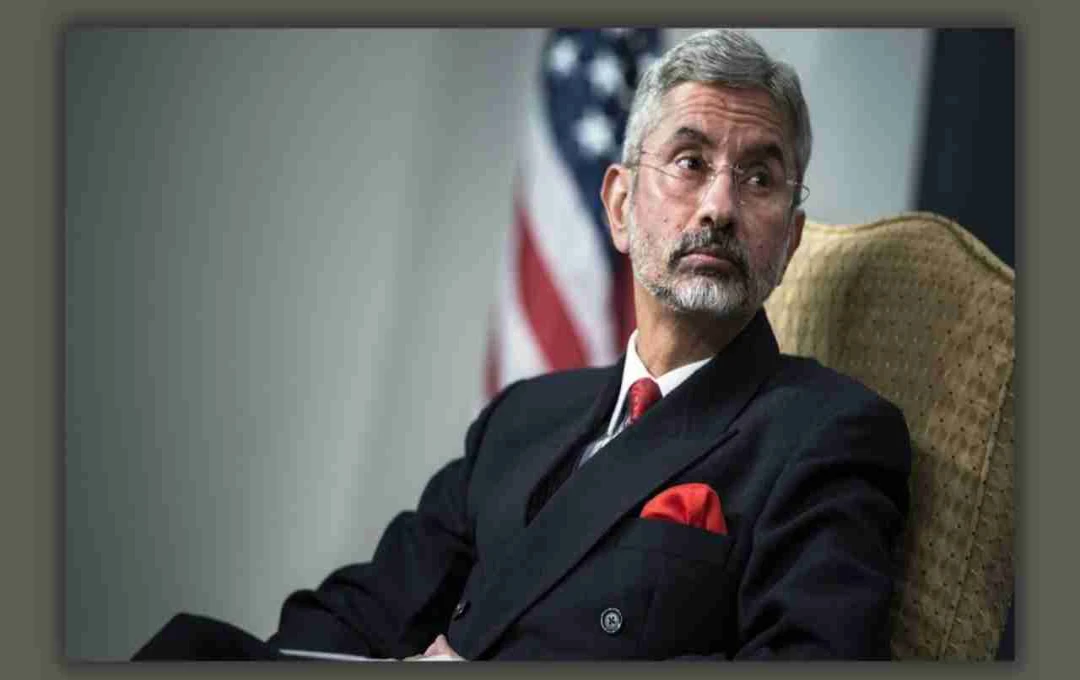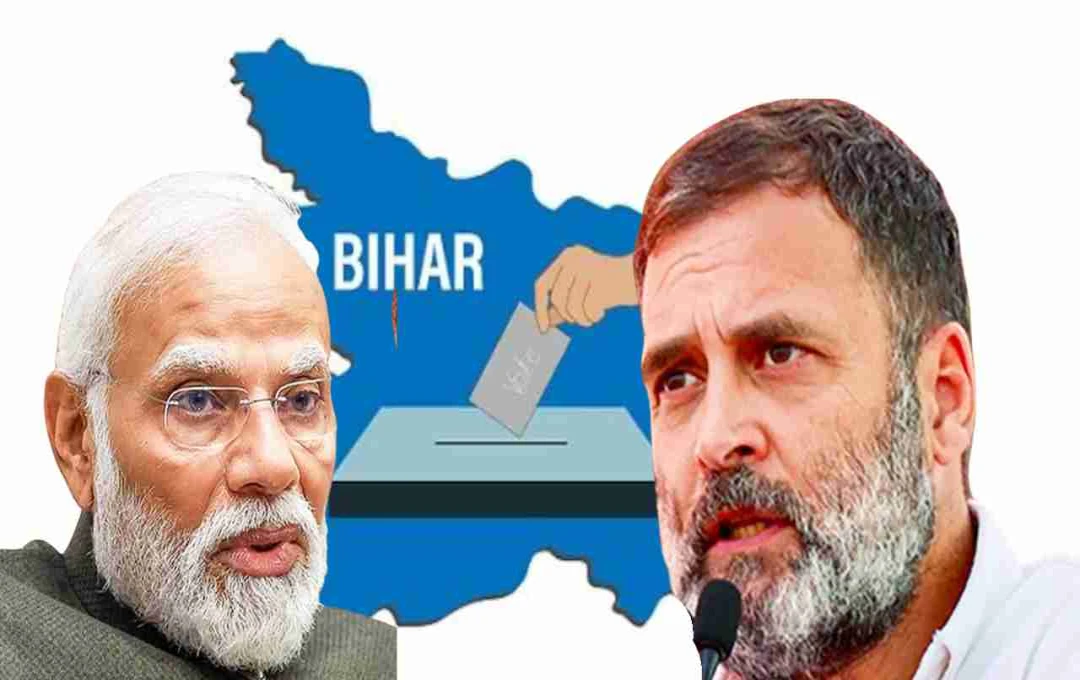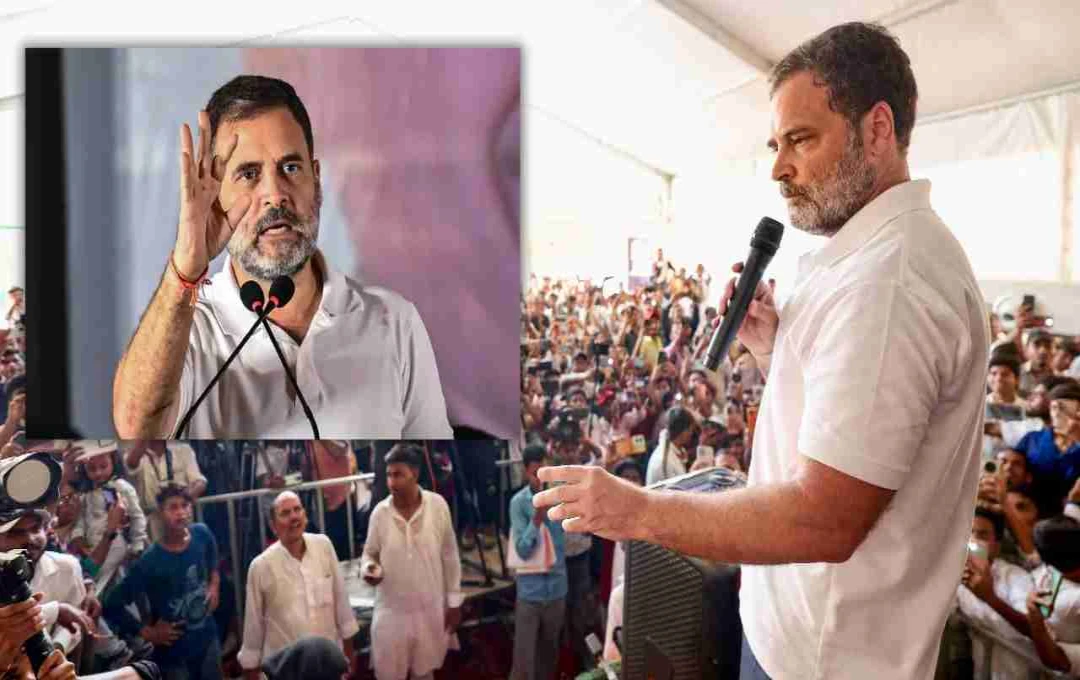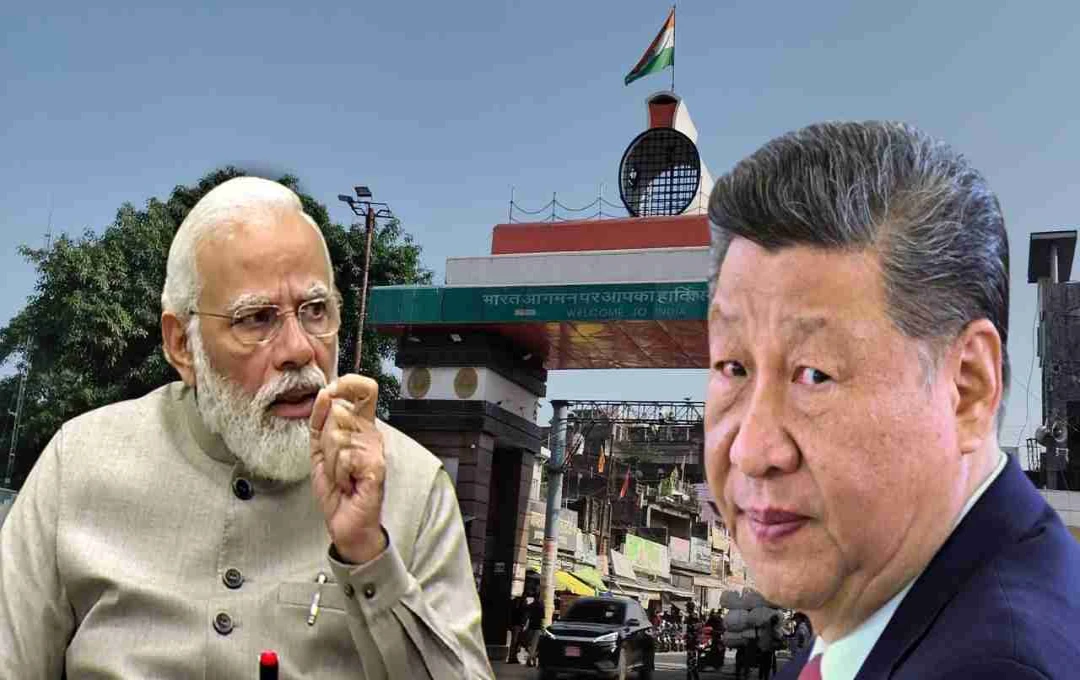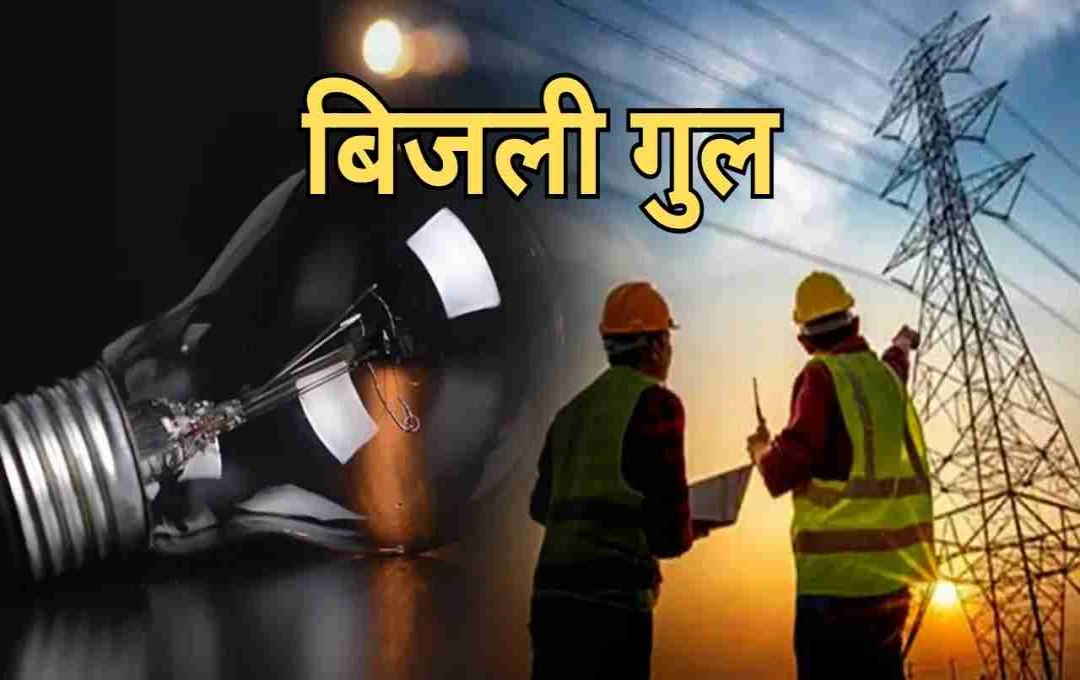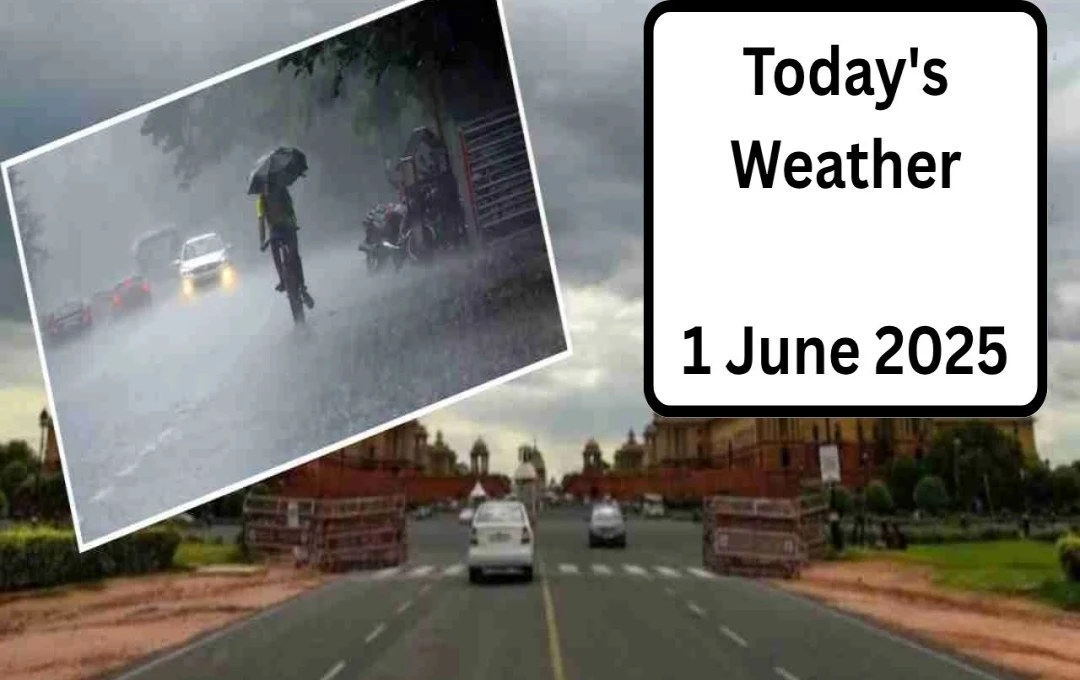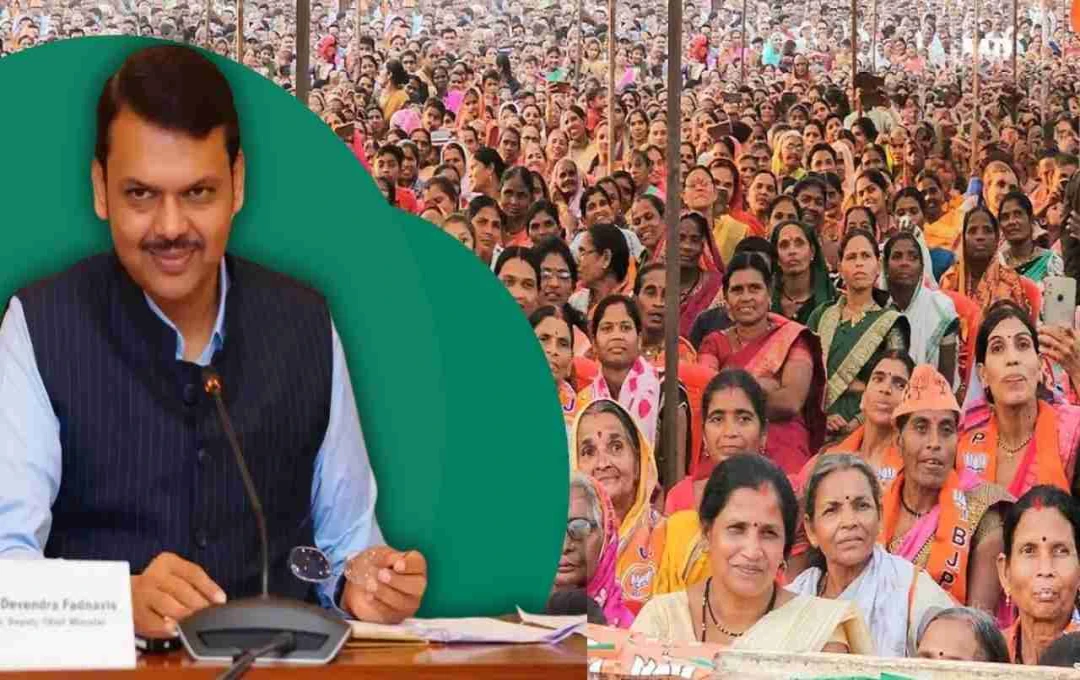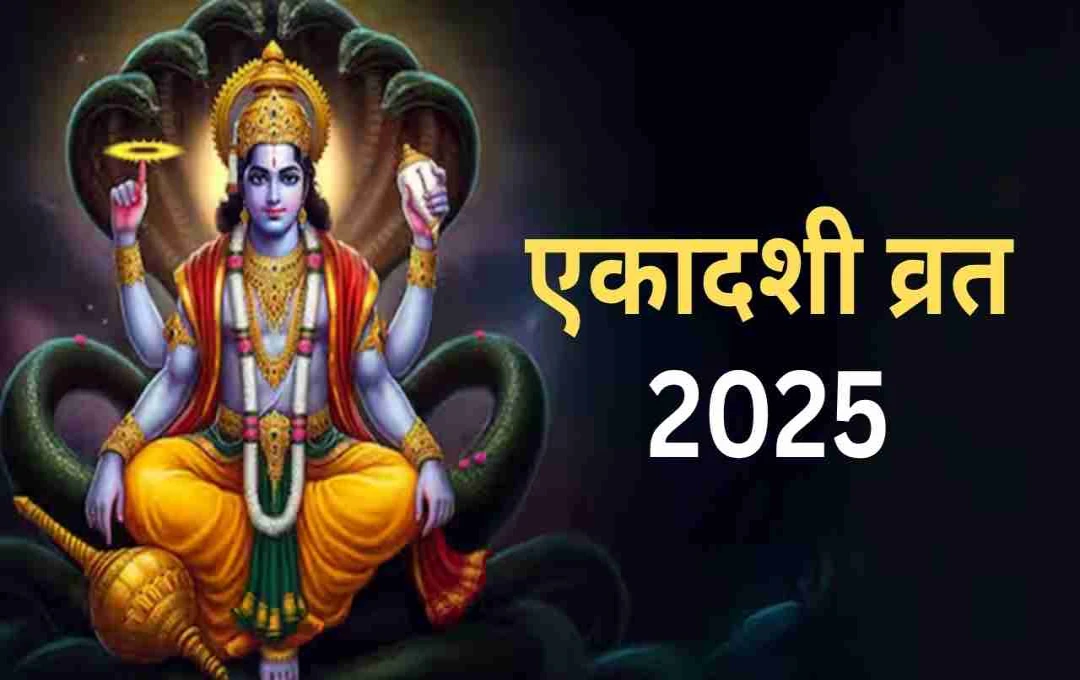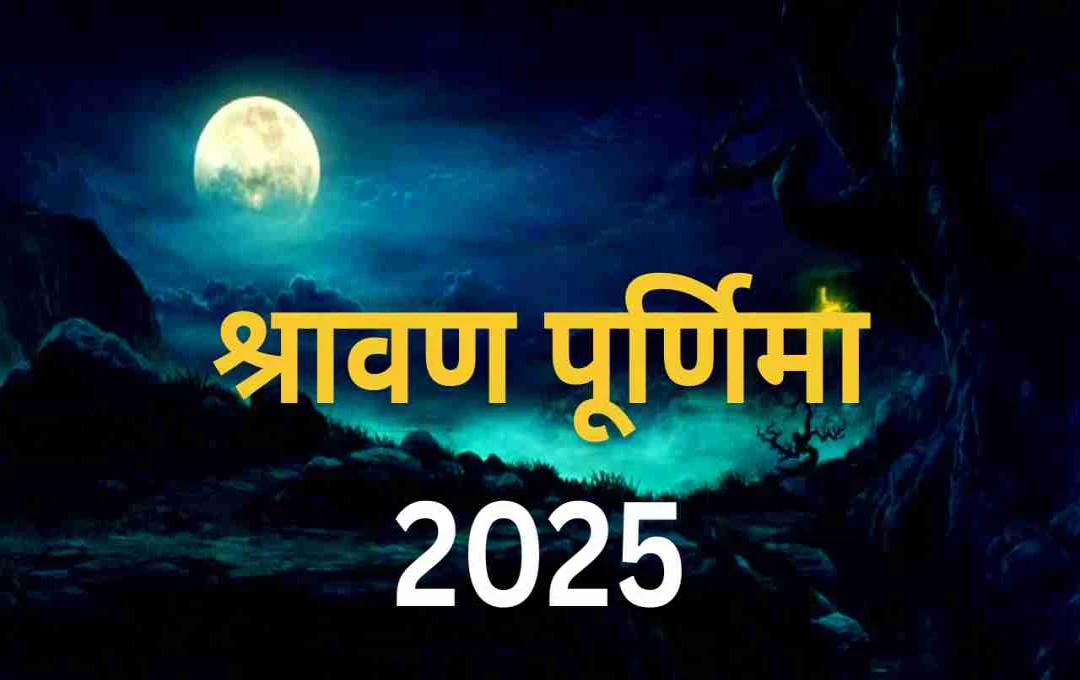External Affairs Minister S Jaishankar stated that India seeks the eradication of terrorism and will conduct surgical strikes against terrorists operating within Pakistan. Operation Sindhu is ongoing, and Pakistan is fully aware of it.
S Jaishankar's Message: India's External Affairs Minister, S. Jaishankar, recently delivered a firm and unambiguous message to Pakistan. He clarified that if another terrorist attack originates from Pakistan, India will strike the terrorists at their location – even within major Pakistani cities. This statement was made during an interview while he was visiting the Netherlands.
India's Clear Stance Against Terrorism
S. Jaishankar asserted that India desires the "definitive end" of terrorism. He highlighted the presence of numerous terrorists, openly operating in Pakistan and listed on the UN sanctions list, active in major cities with alleged support from the government and military.
He emphatically stated that if Pakistan believes it is unaware of the situation within its borders, it is a delusion. India possesses knowledge of the terrorists' locations, activities, and networks.
Why Operation Sindhu Continues
Jaishankar explained that Operation Sindhu remains ongoing not merely as a retaliatory measure, but as a clear message. He stated that if terrorist attacks like the one on April 22nd recur, India will again conduct surgical strikes against the terrorists.
"We will strike where they are," – S. Jaishankar
The April 22nd Pulwama Attack and India's Response
Following the terrorist attack in Pulwama, Jammu and Kashmir, on April 22nd, 2025, India launched Operation Sindhu in the intervening night of May 6th and 7th, targeting nine terrorist bases in Pakistan with precision strikes.
Subsequently, Pakistan attempted attacks on Indian military installations on May 8th, 9th, and 10th, but the Indian army responded decisively.
How Was the Ceasefire Agreement Reached Between India and Pakistan?
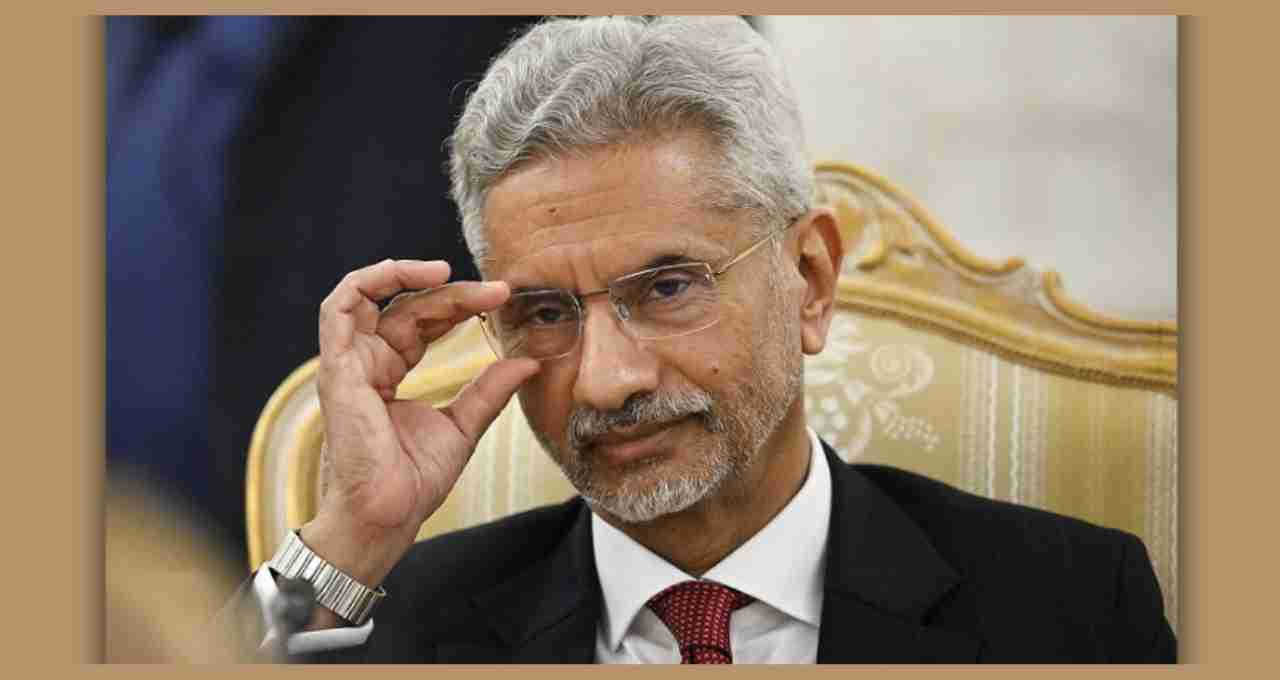
Foreign Secretary Vikram Misri announced on May 10th that India and Pakistan had agreed to an immediate cessation of all military actions across land, air, and sea.
S. Jaishankar confirmed that this agreement was reached through direct dialogue between India and Pakistan, not through mediation by a third party like the United States. While the US claimed a role in the ceasefire, India clarified that negotiations were conducted directly between the two nations.
Disclosure of Talks with the United States
Jaishankar revealed in the interview that during the peak of tensions between India and Pakistan, several countries contacted India expressing concern. However, India made it clear that Pakistan would have to engage directly with India to reach any resolution.
"If Pakistan wants to stop the fighting, they have to tell us…and they did." – S. Jaishankar
Pakistan Must Understand – Consequences Will Follow
The External Affairs Minister warned that continued terrorist activities emanating from Pakistan will have severe consequences. He reiterated that this ceasefire is not permanent, but a warning.
"We want a definitive end to terrorism. If there is another such attack, we will strike again." – S. Jaishankar
The Network of Terrorists Hiding in Pakistan
According to Jaishankar, numerous terrorists openly operate in Pakistan with alleged protection from the government and military. He stated in the interview, "Their locations are known. Their activities and contact networks are also known."
This indicates India's deep understanding of Pakistan's internal situation and its subsequent security policy adjustments.
India's Message to the International Community
India has clearly conveyed to the international community that it will no longer remain solely defensive. Any attack on India will not elicit a limited response. According to Jaishankar, India will now adopt a proactive strategy – meaning strikes will occur at the origin point of the threat.
